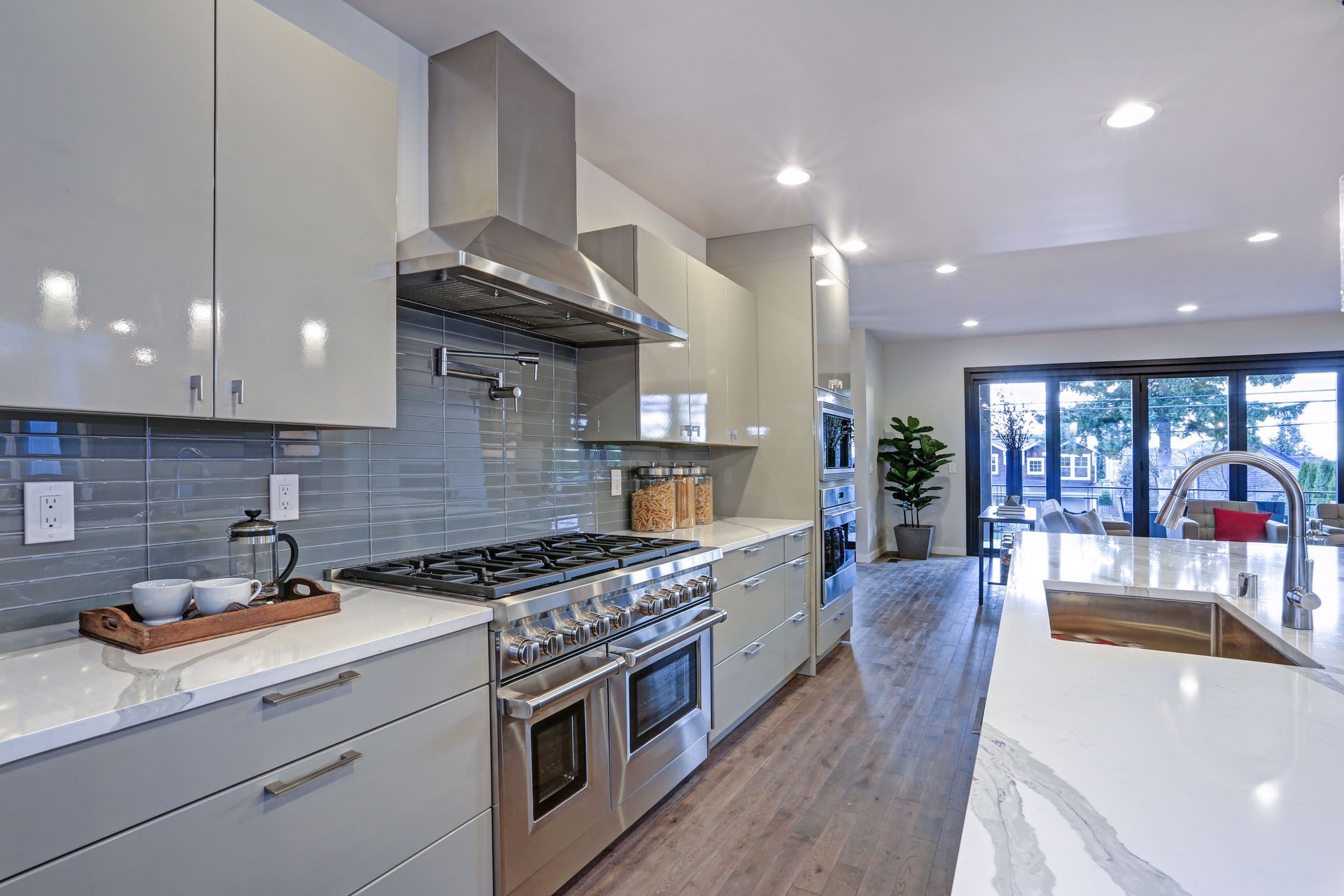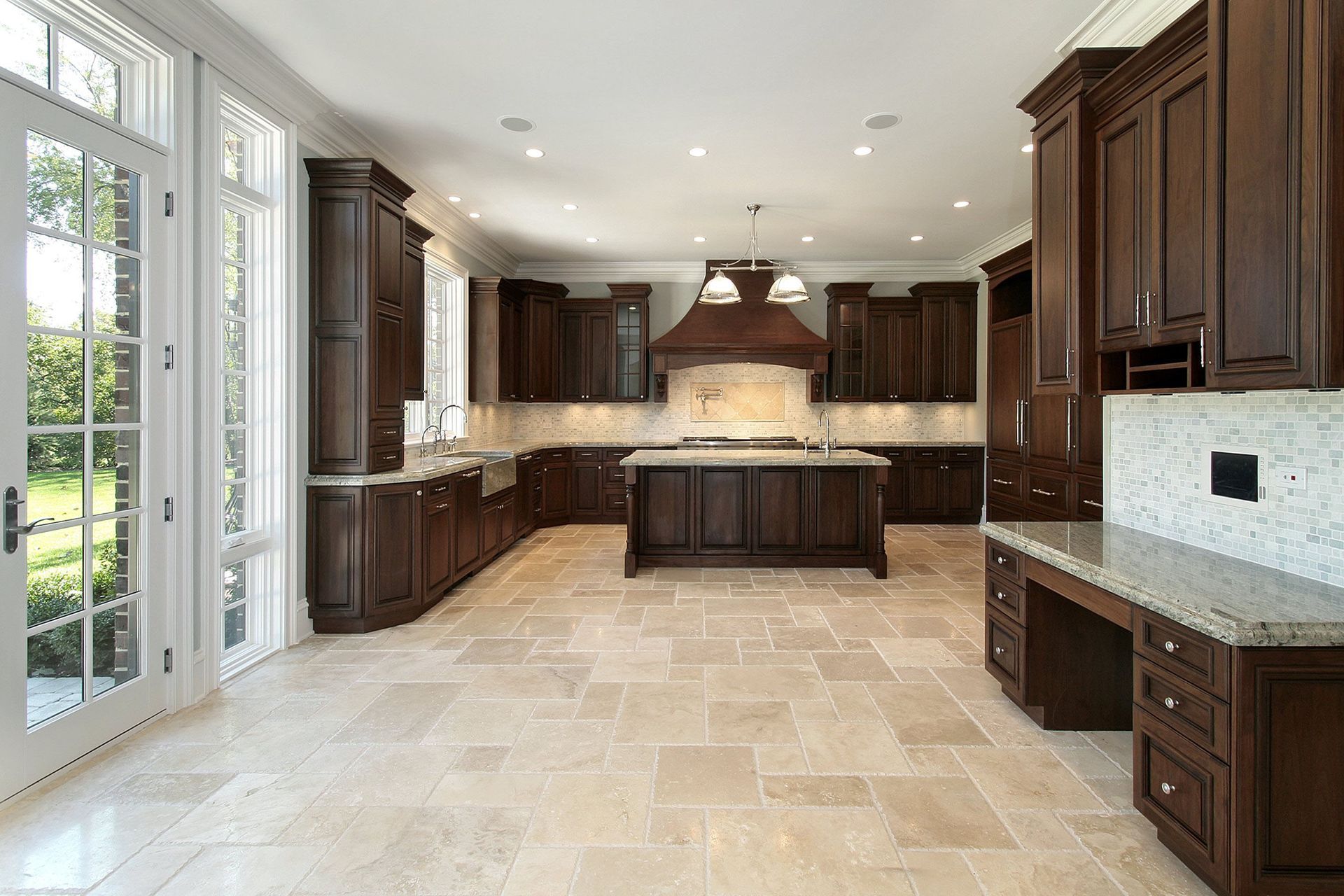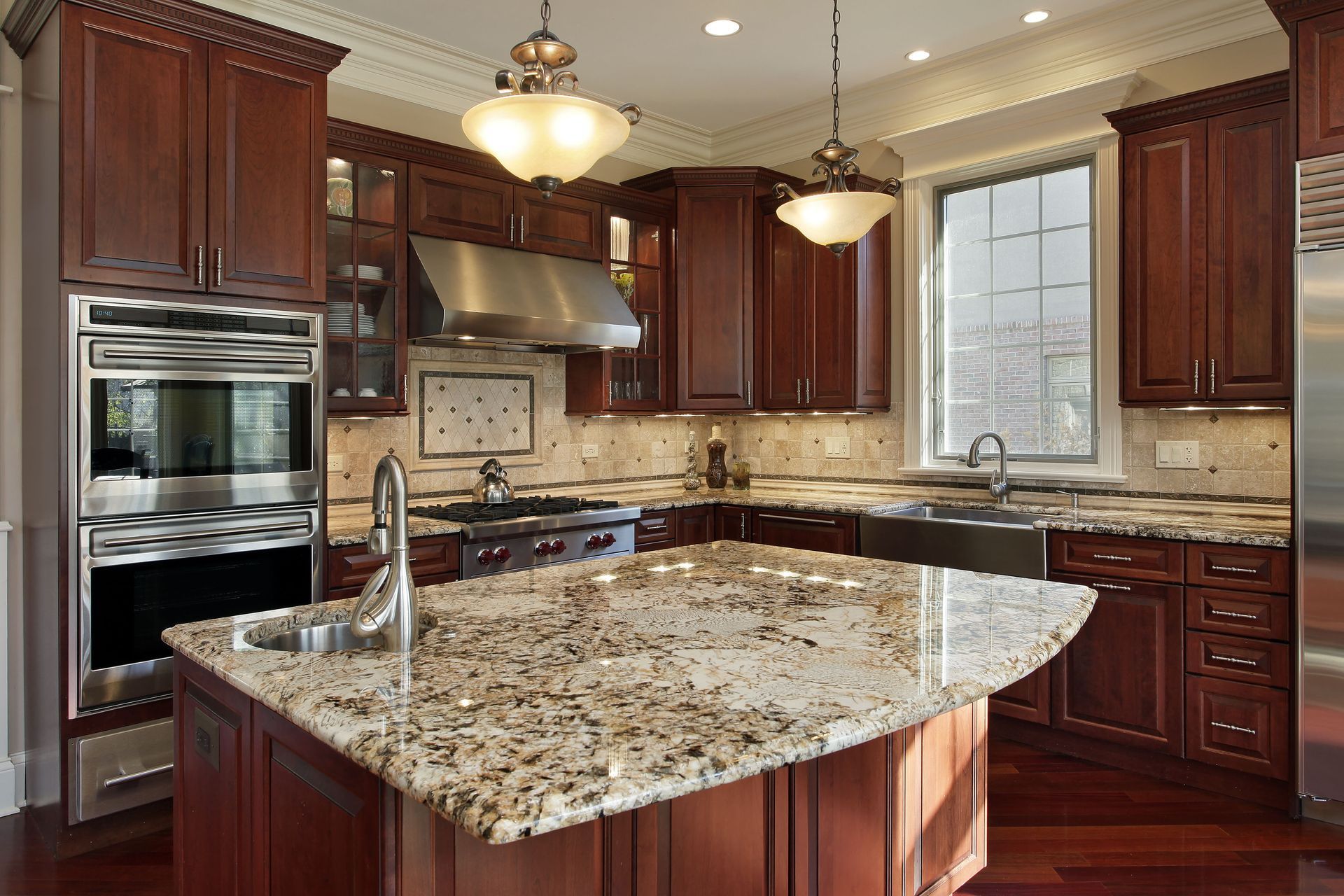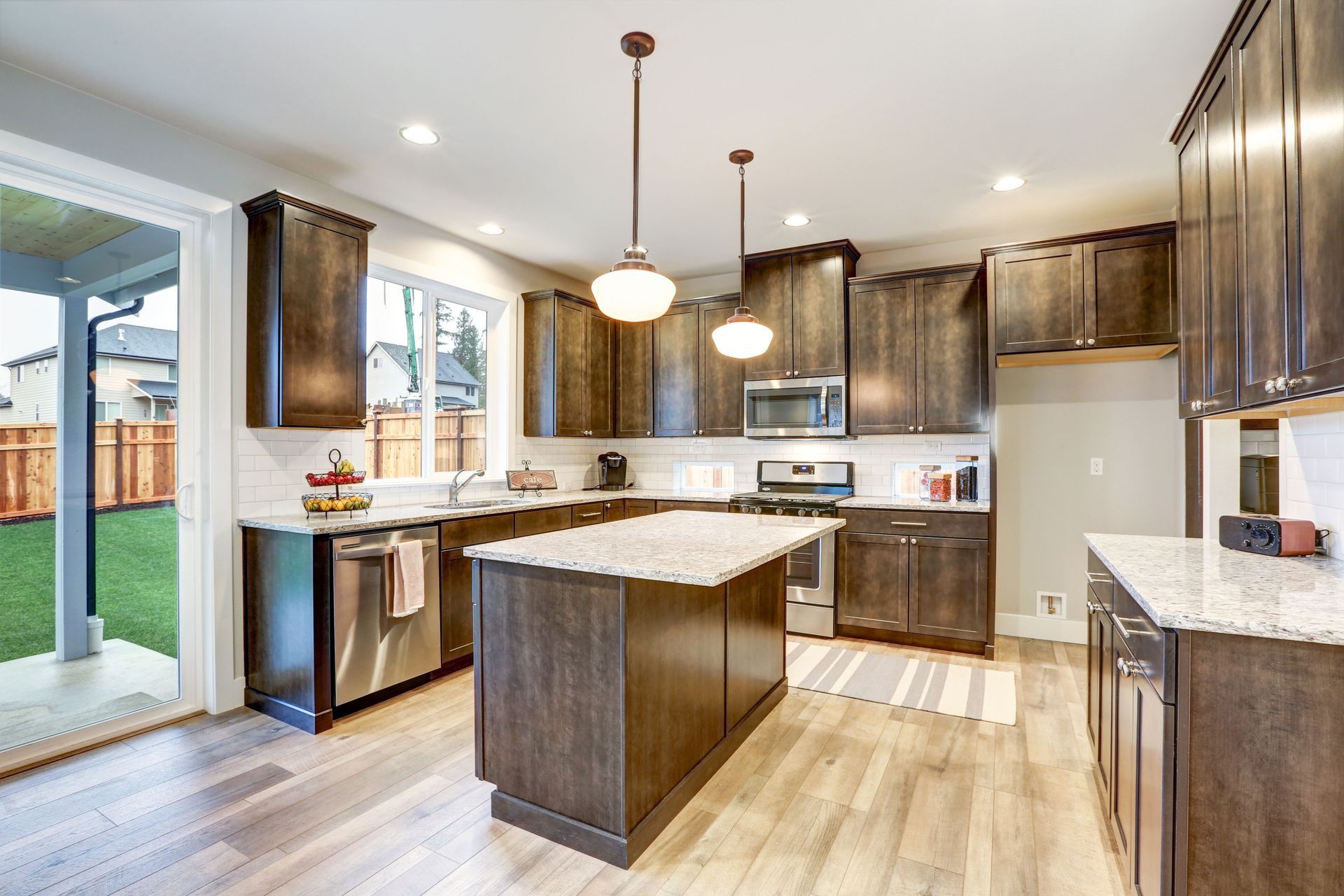Essential Questions to Ask About Quartz Countertop Installation and Maintenance
Understanding the installation and maintenance of quartz countertops is essential for homeowners considering this durable and stylish option for kitchens or bathrooms. Over the last decade, quartz has grown steadily in popularity thanks to its unique combination of beauty, strength, and low-maintenance qualities. Unlike natural stones such as granite or marble, quartz offers a reliable surface that doesn’t require sealing and can withstand daily wear and tear. But selecting the right countertop is about more than picking a color or pattern. From installation challenges to long-term care, there are several important considerations to ensure your investment lasts for years. This guide addresses the most common questions homeowners have about quartz countertops, giving you the insight you need to make confident decisions for your home.
What Makes It a Popular Choice?
Quartz countertops are engineered using natural quartz crystals combined with resins and pigments. This process produces a non-porous, highly durable surface that resists stains, scratches, and bacterial growth. Unlike natural stones, quartz doesn’t require regular sealing, which makes upkeep significantly easier. The engineered nature of quartz also allows for a wide variety of colors and patterns that are difficult to achieve in natural stone, giving homeowners flexibility to match nearly any design vision.
One of the most compelling reasons homeowners choose quartz is its practicality. According to This Old House, quartz countertops can withstand temperatures of up to 400 degrees Fahrenheit, making them highly heat-resistant for everyday kitchen tasks like setting down hot pans or baking trays. The non-porous surface also prevents liquids from penetrating the countertop, reducing the risk of bacteria accumulation and stains. Beyond functionality, quartz offers consistent patterns and color options, meaning that even in large installations, the countertop will look seamless and uniform.
Comparing quartz to other materials highlights why it has become a top choice. Granite, while beautiful and durable, requires periodic sealing and may develop stains over time. Marble is known for elegance but is more prone to scratches and staining due to its softer and porous nature. Laminate is budget-friendly but doesn’t provide the durability or upscale appearance of natural or engineered stone. Quartz strikes a balance between beauty and functionality, offering homeowners an aesthetically pleasing surface with less long-term maintenance.
How Do I Choose the Right Countertop for My Space?
Selecting the perfect countertop goes beyond color and pattern. Homeowners should consider the space’s layout, lighting, and overall design style. Light-colored surfaces can make smaller kitchens or bathrooms appear larger and more open, while darker shades can provide contrast and drama in larger spaces. The patterns available in quartz range from uniform tones to designs that mimic the veining of marble, giving a wide spectrum of options to suit both modern and traditional aesthetics.
The thickness of the slab is another critical factor. A thicker slab can create a more substantial, luxurious look, whereas a thinner slab may suit minimalist or contemporary designs. Edge profiles further impact the final look, from simple squared edges to intricate ogee designs. The finish, whether polished, honed, or textured, adds another dimension. Polished finishes provide a glossy, reflective surface, honed finishes offer a softer matte appearance, and textured finishes like brushed surfaces introduce a tactile element that can complement certain design schemes. Considering all these aspects ensures that the chosen countertop enhances both the style and function of the room.
Working with experienced suppliers and designers can simplify this process. Professionals can provide insights on color trends, the best patterns for the space, and how slab variations might affect the final look. They can also help balance aesthetics with practicality, ensuring that the countertop fits both the design vision and the household’s everyday needs.
What Should I Know About Installation?
Proper installation is crucial to ensuring your countertop remains functional and visually appealing for years. Before installation, it’s important to prepare the space, ensuring that cabinets can support the weight of the slabs and that appliances or plumbing fixtures won’t interfere. Professional installers bring the tools and expertise necessary to measure accurately, cut precisely, and handle the slabs safely. Mishandling quartz during installation can result in chips, cracks, or uneven seams, which is why relying on skilled professionals is essential.
Installation involves careful leveling, precise seam placement, and proper adhesion to ensure stability and a flawless appearance. While most installations can be completed within a few hours once the fabrication is ready, scheduling should take into account household routines to minimize disruption. Sometimes challenges arise, such as pre-existing structural issues in cabinets or flooring that require adjustment, or minor color variations in the quartz slab that need approval before installation. Addressing these potential challenges in advance ensures a smoother process and a countertop that meets your expectations.
How Do I Maintain and Clean My Countertop?
Maintaining a quartz countertop is simple compared to natural stones, but consistent care is key to keeping it looking pristine. Daily cleaning can be achieved using mild soap and warm water with a soft cloth or sponge. Quartz is highly resistant to stains, but it’s still wise to wipe up spills promptly, particularly from items like wine, coffee, or oils. Harsh chemicals, abrasive scrubbers, and acidic cleaners should be avoided, as they can damage the surface.
For minor issues such as smudges or fingerprints, a microfiber cloth works well without leaving streaks. Over time, regular cleaning maintains the natural shine and ensures the countertop remains free from dust and dirt buildup. In the rare instance of a tough stain, gentle scrubbing with a pH-balanced cleaner or a paste made of baking soda and water is often effective. Following these simple maintenance routines ensures that your countertop stays beautiful and hygienic for decades.
Can Countertops Be Repaired?
Despite its strength, quartz is not indestructible. Small chips or surface scratches can often be repaired using DIY epoxy repair kits, which include color-matching materials to blend seamlessly with the existing countertop. More extensive damage, such as deep cracks or large chips, should be addressed by professional repair services. Professionals have the tools and expertise to restore quartz surfaces to their original appearance without compromising structural integrity.
Understanding your manufacturer’s warranty is also important, as many offer coverage for defects in materials or workmanship. Taking preventive measures, such as using trivets for hot cookware and cutting boards for knives, reduces the risk of damage. By addressing minor issues promptly and protecting the surface through everyday care, homeowners can prolong the life of their countertops and avoid costly replacements.
What Are the Environmental and Health Considerations?
From a health perspective, quartz countertops are safe for household use. The only concern arises during fabrication, when silica dust is generated, which can be harmful if inhaled. Proper ventilation, dust control, and protective equipment mitigate this risk during installation. Once installed, quartz contributes to a healthier home environment by providing a non-porous surface that resists bacteria, mold, and mildew. Unlike certain materials, quartz does not emit volatile organic compounds, supporting better indoor air quality.
Is Investing in Countertops Worth It?
Investing in quartz countertops is about more than aesthetics—it’s about long-term durability, low maintenance, and added value to your home. Quartz resists stains, scratches, and heat, while providing a surface that remains hygienic and visually appealing over time. While the upfront cost may be higher than laminate or lower-end options, the combination of beauty, practicality, and longevity often makes quartz a cost-effective choice in the long run. Proper installation, careful selection, and consistent maintenance ensure that your countertop becomes a focal point in your home for many years. For homeowners looking to upgrade their kitchens or bathrooms with durable, beautiful surfaces, quartz countertops offer a reliable, low-maintenance solution that can stand the test of time. To explore quality options and professional installation services, contact Countertops For Less today.





Share On: